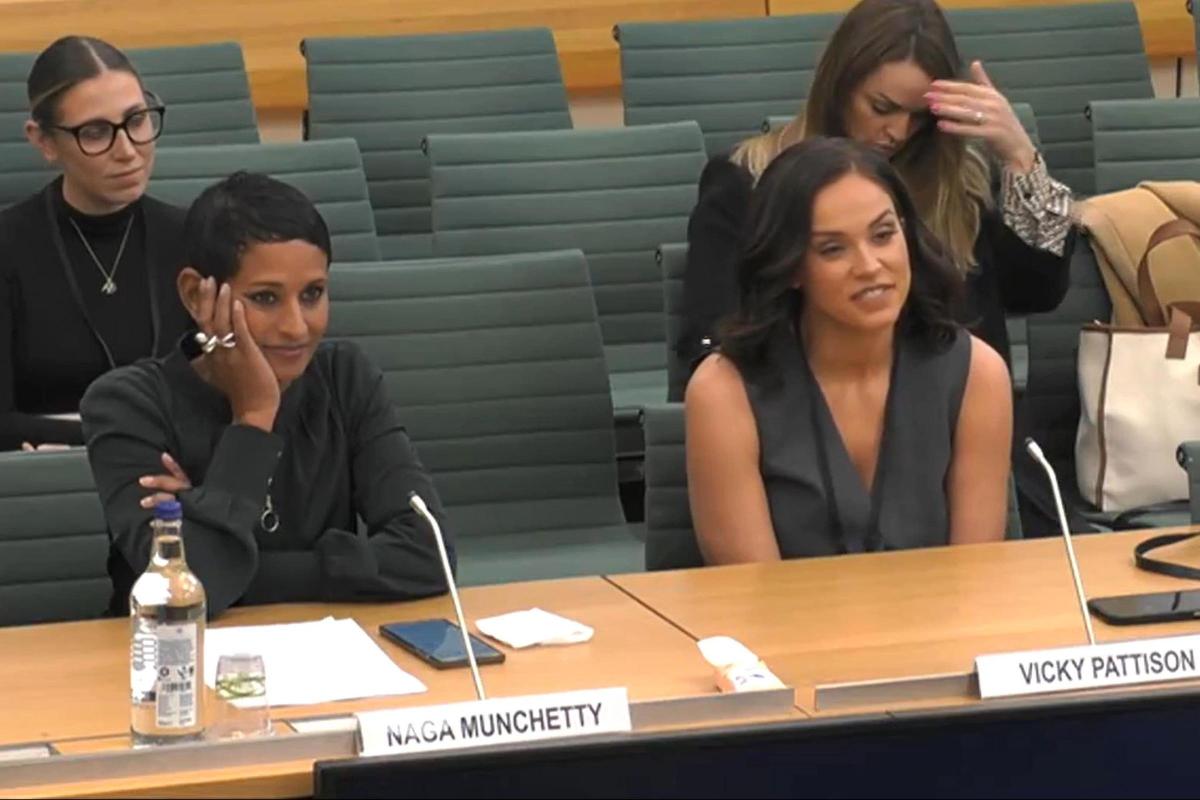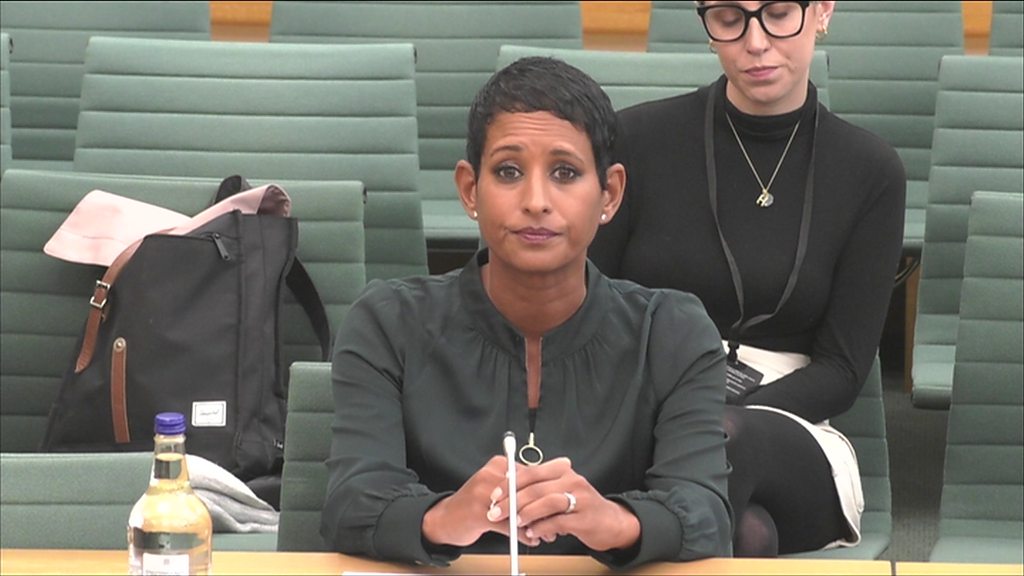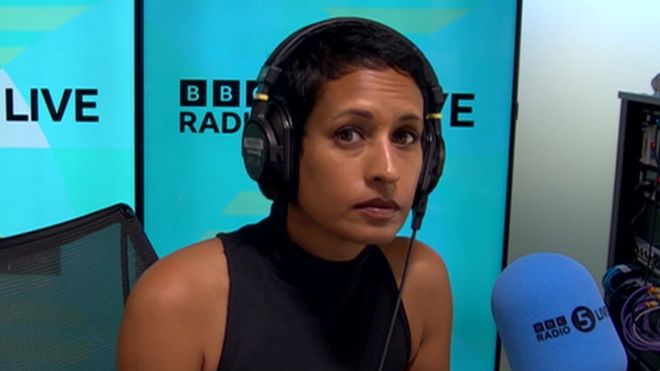Naga Munchetty has revealed that for many years, doctors neglected her, dismissed her concerns, and didn’t acknowledge the seriousness of her condition, even though she endured extremely heavy menstrual periods, frequent vomiting, and excruciating pain that would cause her to pass out.
During the 35 years that she sought treatment for her symptoms from NHS GPs and medics, the BBC presenter, newsreader, and journalist told the Commons Women and Equalities committee on Wednesday that she was “deemed normal” and instructed to “suck it up.” In November of last year, Munchetty received a final diagnosis of adenomyosis, a disorder in which the lining of the womb begins to grow into the muscle in its walls. According to her, doctors always assured her that “everyone goes through this.”

“Filipino doctors who have never had a period and female physicians who have never had period pain specifically told me this,” Munchetty remarked. The “continuous refrain of: ‘You’re fine, everyone else is putting up with this, why can’t you?'” was present, according to her observations. After two weeks of heavy bleeding and excruciating agony, Munchetty asked her husband to call for help. That’s when she was finally diagnosed. She didn’t get treated seriously until then, and she saw a general practitioner who focused on women’s reproductive health. Her GP suggested using private healthcare to avoid having to wait a long time on NHS waiting lists.

Munchetty acknowledged that she is “fortunate enough to have private healthcare,” adding that it was the “only time I felt I could sit there and take time and force an issue, force understanding, force explanations from my gynecologist and not feel bad that I was taking up more than 10 minutes of my GP’s time because there was a queue that went on.” The committee was investigating the difficulties women encounter in getting diagnosed with and treated for reproductive and gynecological diseases. Munchetty and media celebrity Vicky Pattison were among the witnesses. Along with the effects of women’s experiences on their health and lifestyle, the committee is also taking into account any discrepancies in diagnosis and treatment.

Over several decades, both ladies battled to live and work regularly, and they provided detailed accounts of how medical personnel consistently failed and belittled them. Premenstrual dysphoric disorder (PMDD) has just recently been diagnosed in Pattison. Currently 35 years old, she claimed that in her late 20s, she began to suffer from severe symptoms such as “crippling anxiety,” sleeplessness, and exhaustion. Her symptoms were diagnosed as PMS (premenstrual syndrome) by doctors in Newcastle and London. Munchetty and Pattison agreed that the NHS is failing women and girls. Doctors, specialists, and general practitioners, they claimed, lack the expertise and training necessary to identify and address gynecological problems that are ruining the lives of women and girls throughout the United Kingdom.
“GPs got in touch to say they had never heard of the condition, never been taught about it, and didn’t know how to diagnose it,” Munchetty said after discussing adenomyosis on her Radio 5 Live broadcast.
Women’s health is “woefully misunderstood” in the NHS, according to Pattison. She went on, “There is a terrible culture that is perpetuated and there is a lot of ignorance surrounding it as well as a lot of stigma, which means women are ashamed to talk about it.”
According to Munchetty, women who attempt to discuss it are often labeled as troublemakers. Women have a very difficult time succeeding, but if the medical community had a greater understanding, we wouldn’t have to battle as hard or feel like such a bother. Munchetty summarized the session by stating that there is “woeful misunderstanding, ignorance, stigma, and shame” surrounding women’s health. The committee chair, Caroline Nokes, told the body that eventually, the committee would give guidelines to the NHS and schools to address this.


